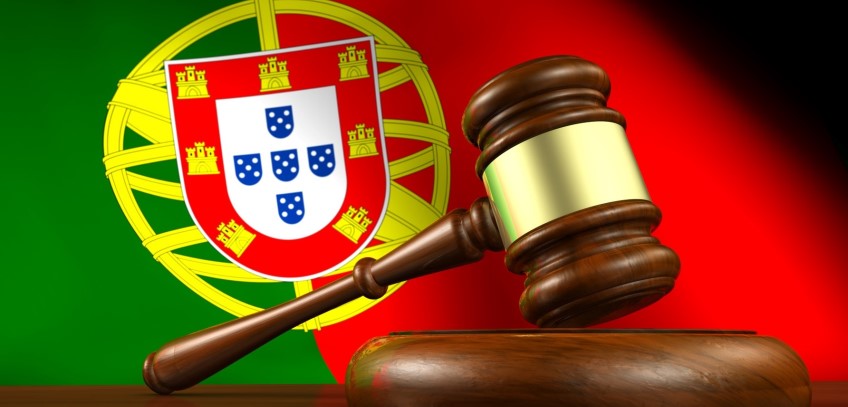
Portuguese Wills
Definition
In the Portuguese Juridical system a ‘will’ is a unilateral and revocable act by which a person disposes, after death all of their assets or part of them.
It is however permitted to include dispositions of a non-equity nature, such as a confession, a termination, designating a guardian and rehabilitation of unworthy successor.
Types of wills
In the Portuguese Legal system there are two types of wills:
- Public Testament (written by the Notary in its notebook);
- Closed Testament (manuscript and signed by the testator, or handwritten by another person at the request of the testator and signed by him. The testament must be approved by a notary under the terms of the notary's law.) The testator may, if they so wish to deposit the closed will in the Notarial Office. The will may be lifted at any time by the testator or proxy.
Nationality and language of the act
The validity of a will in the event of death is determined in accordance with the law of the country of which the deceased held the nationality at the time of writing the will. For example; if the testator is of British nationality and resides in the United Kingdom, the testament is drawn up in accordance with U.K. law.
However, it has been approved by the European Parliament and the Council of 4th of July of 2012, EU Regulation No 650/2012, on the competence, the applicable law, the recognition and enforcement of decisions in matters of succession and creation of a European Certificate of Succession (allows people to prove in other EU countries, who are the heirs, legatees, testamentary executors or administrators of the inheritance). With the entry into force of this law, the succession is regulated by the law of the habitual residence of the deceased at the time of death, irrespective of the nature and where his assets are located. This law also applies when the citizen doesn’t opt for the law of his nationality (the citizens may choose the law of the country of their nationality as the law applicable to their inheritance, whether a country in the U.E. or a country outside the U.E)
This new regulatory framework is applicable in all member countries, with the exception of Denmark, Ireland and the United Kingdom. However, if British, Irish or Danish citizens reside in Portugal they may also benefit from the new E.U. rules.The will must be drawn up in the Portuguese language.
Necessary documents
For the preparation of will, the testator’s and the witnesses’ identification documents are required, which can be one of the following:
- the identity card or equivalent document if issued by the competent authority of one of the countries within the European Union;
- the driving license if it has been issued by the competent authority of one of the countries within European Union;
- the passport.
Wills made by foreigners in Portugal
Whereas in Portugal, people are not able to dispose of all assets as the law of the legitimating succession is in force (the testator cannot dispose of all their assets, since a portion of them is legally destined to their heirs), in other nations, such as the United Kingdom, people can freely dispose of all their assets.
As the law pertaining to the nationality of the testator is applicable at the time of conclusion of the testament, they, as owner of the assets in Portugal, may freely dispose of them. Therefore, a person of British nationality may make a will in Portugal and dispose of their assets in any way they wish.
On the other hand, if no will is made, the heirs of foreigners who have acquired assets in Portugal will have to endure a complicated process, the very bureaucratic law, which involves inheritance law, translation of documents, and the affixing of Apostille the accordance with the convention on the abolition of the requirement of legalization of public foreign acts (Hague Convention), to public documents such as the will.
